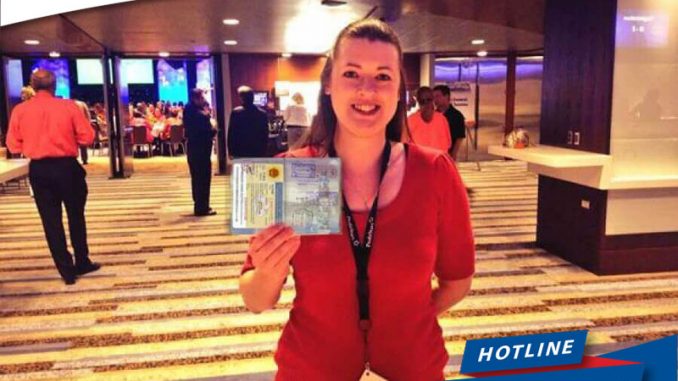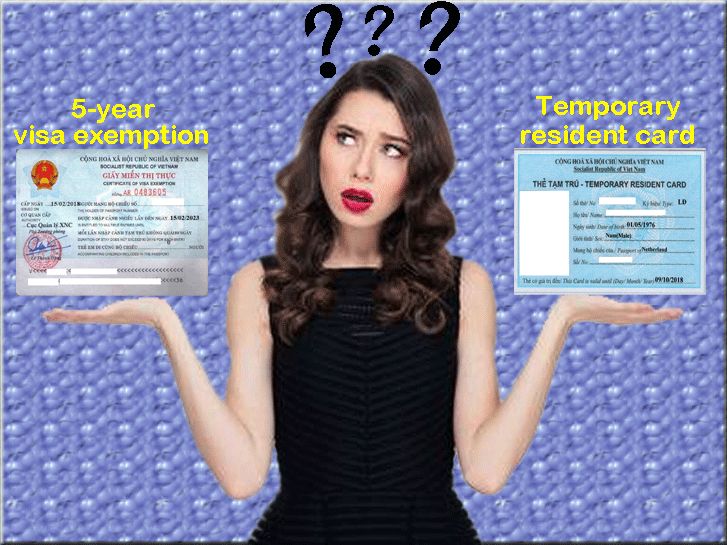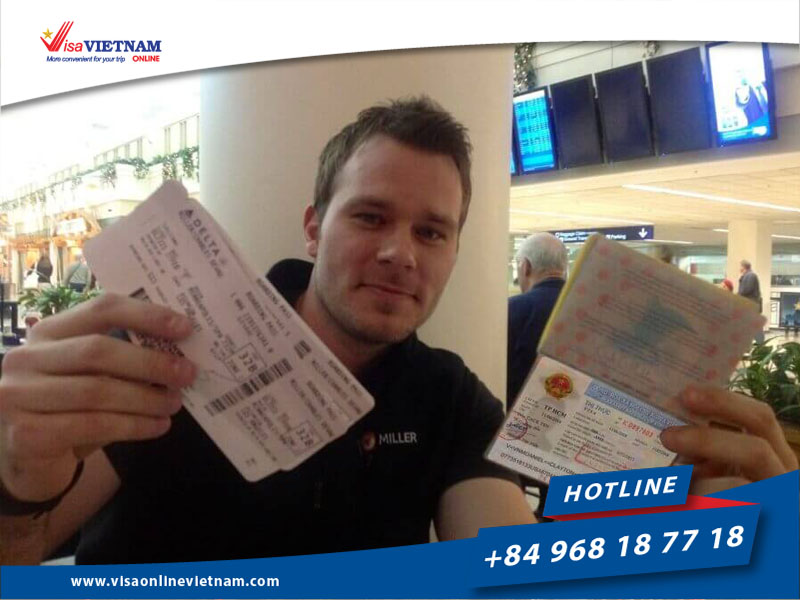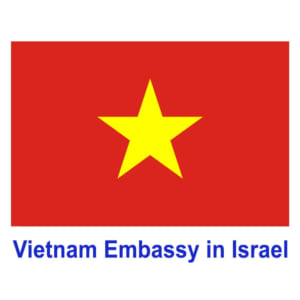
Vietnam Visa Exemption in 2023: All You Need to Know
If you’re planning a trip to Vietnam, it’s essential to know the visa requirements. The good news is that some countries are exempt from obtaining a visa for Vietnam. In this article, we will explore everything you need to know about Vietnam visa exemption in 2023.
What is Vietnam Visa Exemption?

Vietnam visa exemption means that certain countries’ citizens can enter Vietnam without the need for a visa. The Vietnamese government has agreements with these countries to promote tourism and trade. This agreement allows citizens of those countries to stay in Vietnam for a specified period without a visa.
Here is everything you need to know about Vietnam visa exemption:
Who is Eligible for Vietnam Visa Exemption?
Citizens from certain countries are eligible for Vietnam visa exemption. As of 2023, there are 24 countries on the list, including:
- Thailand
- Cambodia
- Malaysia
- Singapore
- Indonesia
- Laos
- Philippines
- Brunei
- Myanmar
- Belarus
- Denmark
- Finland
- France
- Germany
- Italy
- Japan
- Norway
- Russia
- South Korea
- Spain
- Sweden
- United Kingdom
- Chile
What is the Duration of Stay for Vietnam Visa Exemption?
The duration of stay for Vietnam visa exemption varies depending on the country of origin. Citizens of ASEAN countries (Thailand, Cambodia, Malaysia, Singapore, Indonesia, Laos, and Philippines) can stay up to 30 days without a visa. Citizens from other countries can only stay up to 15 days.
When Should You Apply for a Vietnam Visa?
If your country is not on the Vietnam visa exemption list or you want to stay longer than the allowed days, you need to apply for a visa. It is advisable to apply for a visa at least two weeks before your travel date. This timeframe allows for enough processing time.
How to Apply for a Vietnam Visa?
There are two ways to apply for a Vietnam visa: through the Vietnamese embassy or consulate in your country or online through a travel agency. The online application is more convenient and straightforward. Follow these steps when applying for a Vietnam visa:
- Fill out the online application form.
- Pay the visa processing fee.
- Receive the visa approval letter via email.
- Print out the approval letter and bring it with you to Vietnam.
- Get your visa stamped at the airport upon arrival in Vietnam.
Pros and Cons of Vietnam Visa Exemption
Like any policy, Vietnam visa exemption has its pros and cons. Here are some of them:
Pros:
- It makes traveling to Vietnam more accessible and affordable for citizens of exempted countries.
- It boosts tourism and business relations between Vietnam and exempted countries.
- It reduces visa processing time and costs for travelers.
Cons:
- Citizens of non-exempted countries need to go through the hassle of applying for a visa,
- The duration of stay is limited.
- Travelers must make sure they meet all other entry requirements.
Alternatives to Vietnam Visa Exemption
If your country is not on the list of Vietnam visa exemption or you want to stay longer than the allowed days, you need to apply for a visa. Fortunately, there are alternatives to getting a visa at the Vietnamese embassy or consulate. These alternatives include:
- Online visa application through a travel agency
- E-visa through the Vietnamese government website
- Visa on arrival (VOA) through Vietnam-based travel agencies
-

Step-by-Step Guide to Applying for a Vietnam Visa
Applying for a Vietnam visa can be overwhelming for first-time travelers. However, with this step-by-step guide, you’ll find it easy to apply for a Vietnam visa.
- Determine the type of visa you need.
- Fill out the online application form.
- Pay the visa processing fee.
- Receive the visa approval letter via email.
- Print out the approval letter and bring it with you to Vietnam.
- Get your visa stamped at the airport upon arrival in Vietnam.
Comparison of Visa Types for Vietnam
There are different visa types for Vietnam, depending on your purpose of visit. Here is a comparison of Vietnam visa types:
| Visa Type | Purpose | Validity | Processing Time |
|---|---|---|---|
| Tourist Visa | Tourism | 1 month – 3 months | 2-3 business days |
| Business Visa | Business Purposes | 1 month – 12 months | 2-3 business days |
| Student Visa | Study and research | 3 months – 12 months | 2-3 business days |
Tips for Applying for a Vietnam Visa
Applying for a Vietnam visa can be stressful, but these tips can help make the process easier:
- Apply for a visa two weeks before your travel date.
- Double-check your application for accuracy and completeness. -Make sure you have all the required documents before submitting your application.
- Choose a reliable travel agency if you’re applying online or using VOA.
- Keep a copy of your visa approval letter and other important documents with you when traveling.
The Best Time to Visit Vietnam
Vietnam has a diverse climate, and the best time to visit varies depending on the region. However, generally, the best time to visit is from October to April, during the dry season. During this time, the temperature is cooler, and there is less rainfall.
FAQs about Vietnam Visa Exemption
- Which countries are eligible for Vietnam visa exemption?
- Citizens of 24 countries, including Thailand, Cambodia, Malaysia, Singapore, Indonesia, Laos, Philippines, Brunei, Myanmar, Belarus, Denmark, Finland, France, Germany, Italy, Japan, Norway, Russia, South Korea, Spain, Sweden, United Kingdom, and Chile are eligible.
- How long can I stay in Vietnam without a visa?
- The duration of stay depends on your country of origin. Citizens of ASEAN countries can stay up to 30 days without a visa, while citizens of other countries can only stay up to 15 days.
- Can I extend my visa exemption period?
- No, you cannot extend your visa exemption period. You must leave Vietnam before the permitted stay period expires.
- What if my country is not on the Vietnam visa exemption list?
- You need to apply for a visa at the Vietnamese embassy or consulate in your country or apply online through a travel agency.
- How long does it take to process a Vietnam visa application?
- It usually takes two to three business days to process a Vietnam visa application.
-

Conclusion
Vietnam visa exemption makes traveling to Vietnam more accessible and affordable for citizens of exempted countries. However, if your country is not on the list or you want to stay longer than the allowed days, you need to apply for a visa. Knowing the visa requirements and application process can help make your trip to Vietnam stress-free.

